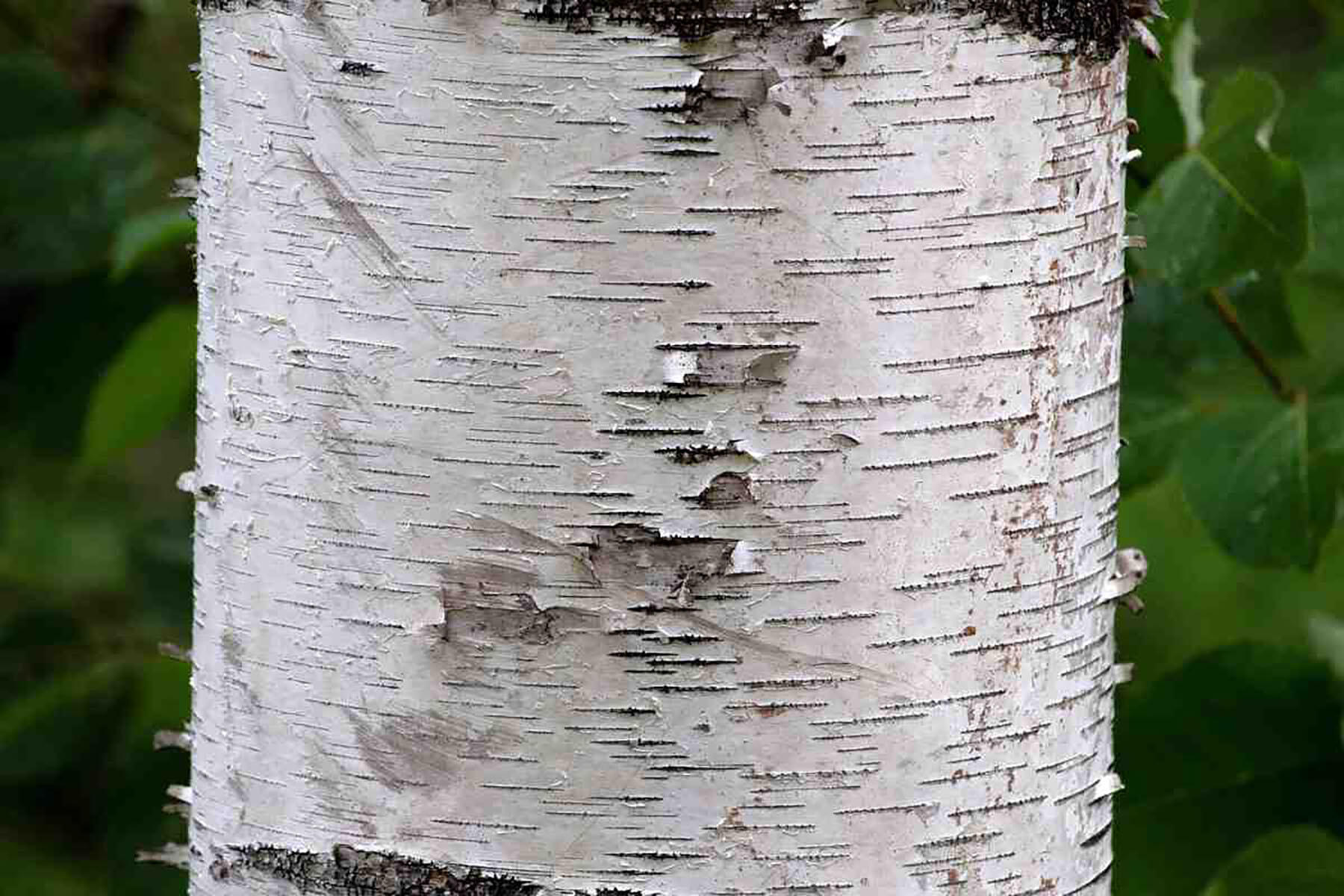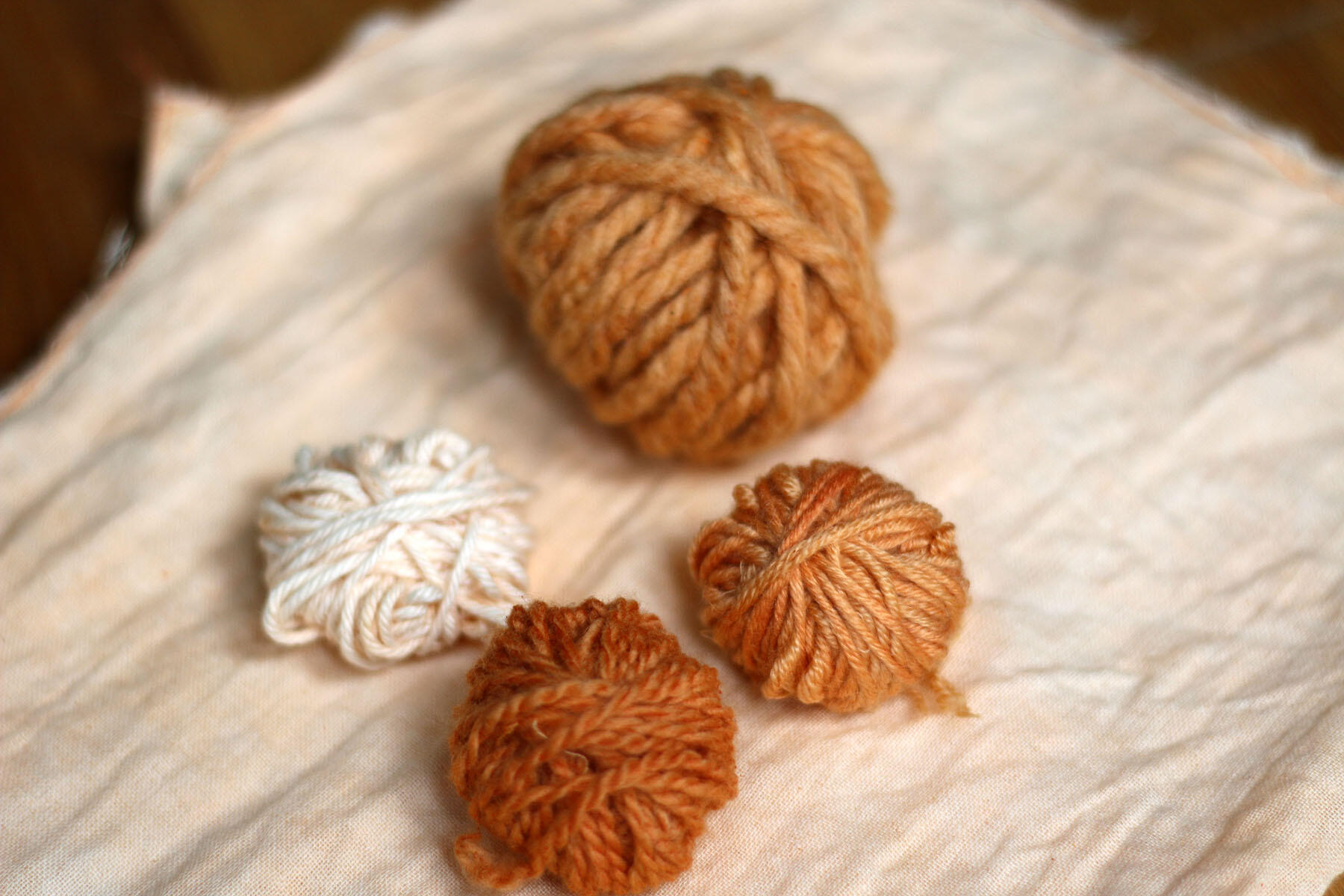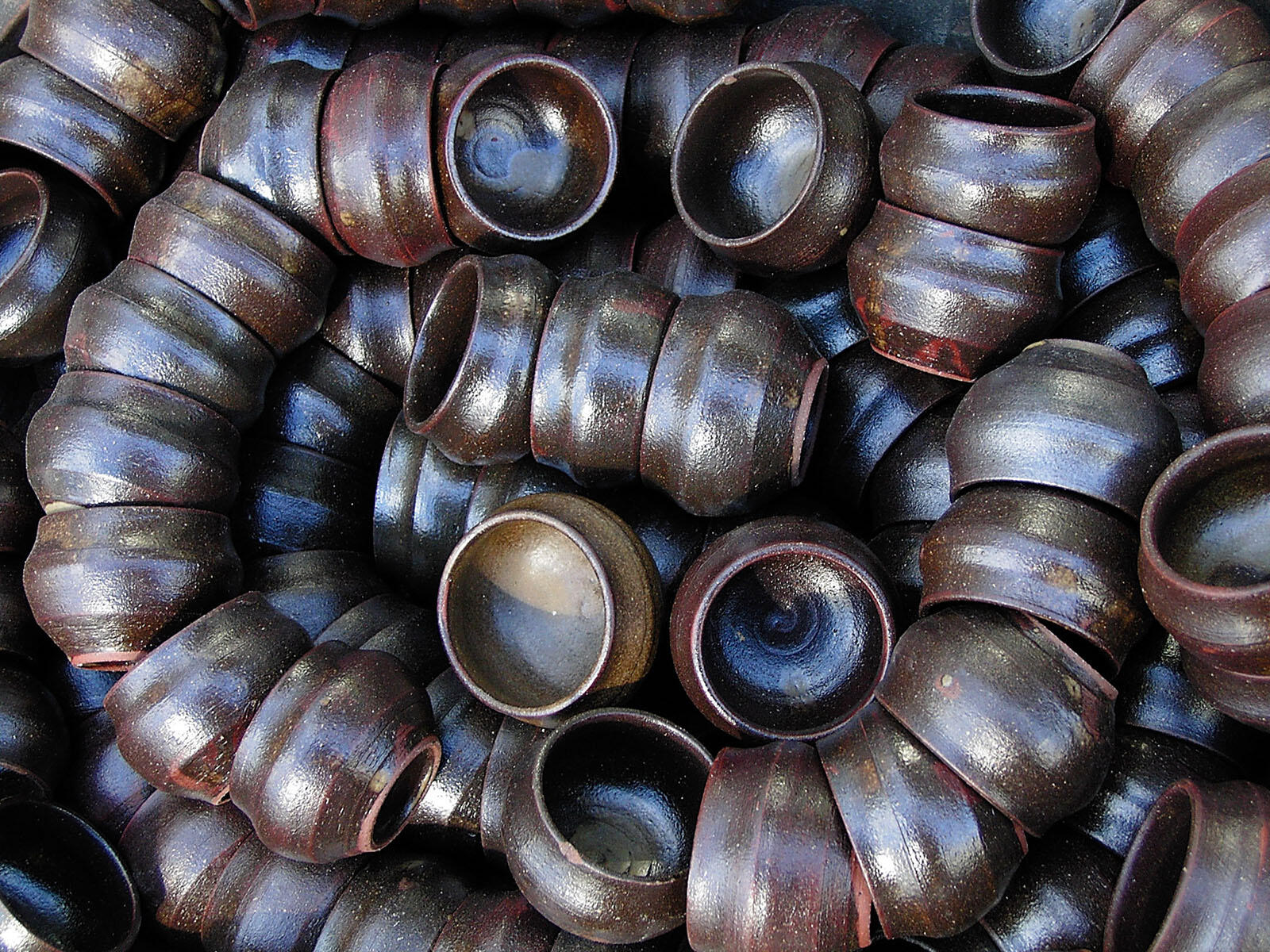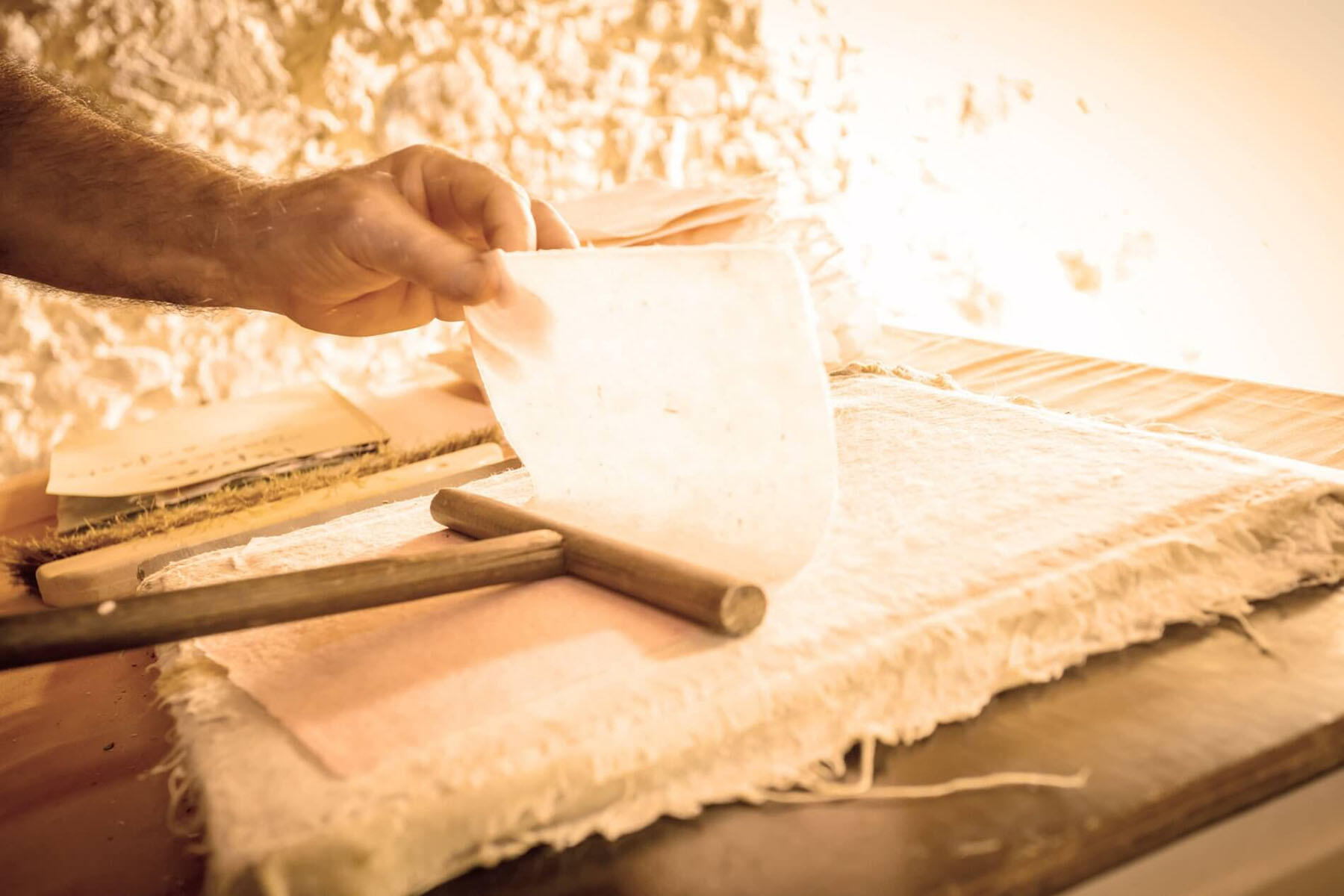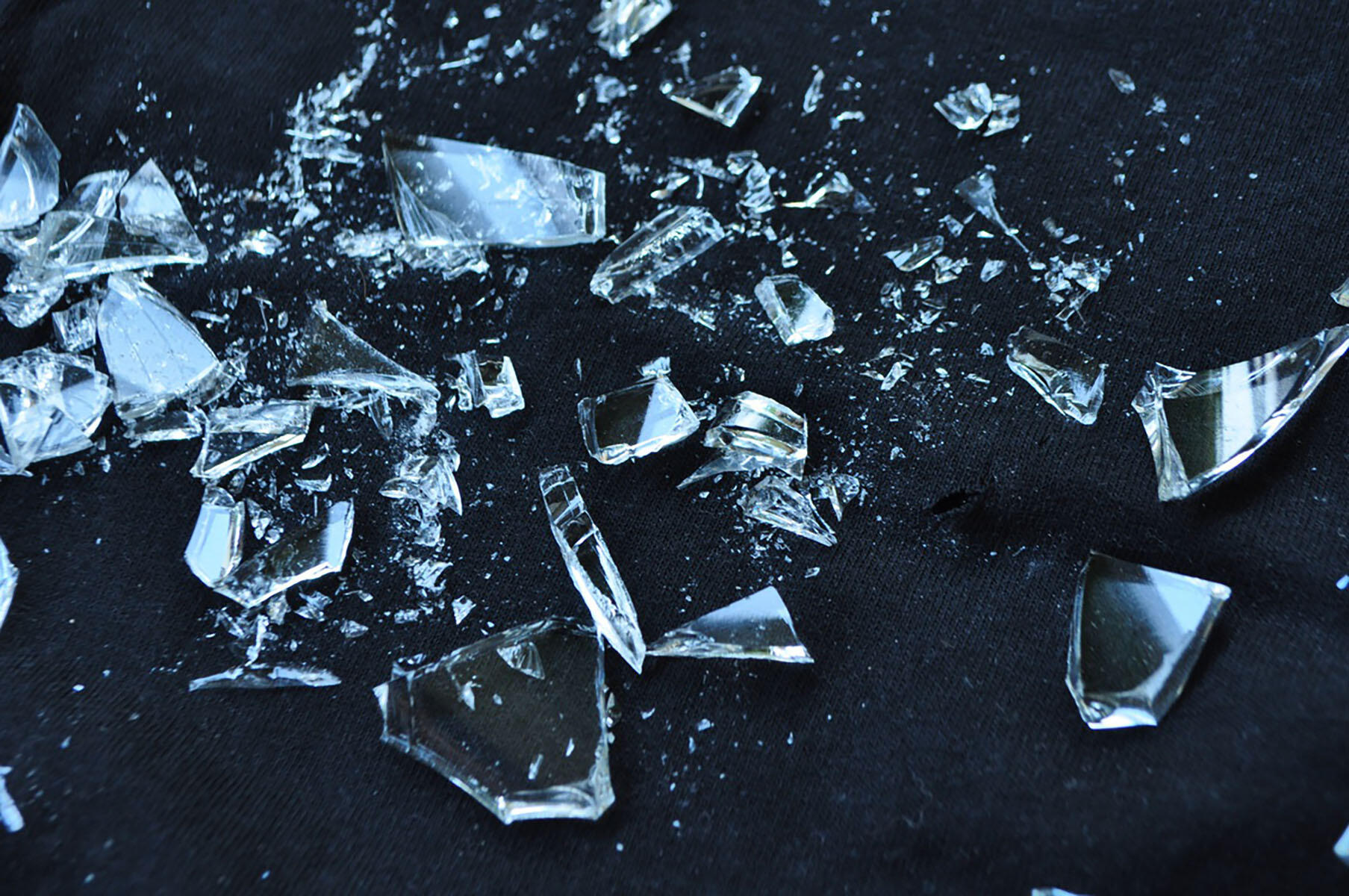Acteur
STU-DIO is a design studio dedicated to the development of local, frugal and sustainable production systems, based on the observation that the future lies in the globalisation of innovations and know-how, coupled with a re-localisation of production systems and a decentralisation of waste recovery. Its founder Lucas Dauvergne, a graduate of the École des Arts Décoratifs de Paris, is an activist who found his way to design, after a passage through the engineering sciences and biology. Because of his scientific background, he takes ecology as a complex science, a vector of real and sustainable innovation, both socially and environmentally. His projects therefore attempt to present ecology in a new light, playful, practical, aesthetic, sensitive and even sometimes magical, in contrast to punitive ecology.
Action
The Savoir(-)faire for frugal innovation studio (a year-long transdisciplinary laboratory format) was developed by Lucas Dauvergne of STU-DIO and is the result of a partnership between the École des Arts Décoratifs de Paris and La Réserve des Arts. The Action starts from the observation that consumer society, the pillar of the second industrial era, has disregarded ancestral know-how. This obvious disconnection with the living world is now blatantly showing its perverse effects: destruction of ecosystems, jobs and acculturation. The aim of this project in the making is to highlight innovations and know-how identified in the four corners of the world, to apply them to under-exploited resources, constraints, aesthetics and local infrastructures in order to formalise proofs of concept that are as frugal as they are ingenious. Visitors will be able to discover the students’s projects and participate in their development thanks to the participative platform S-F IF (sfif.tk) which was also developed within the framework of the studio.
